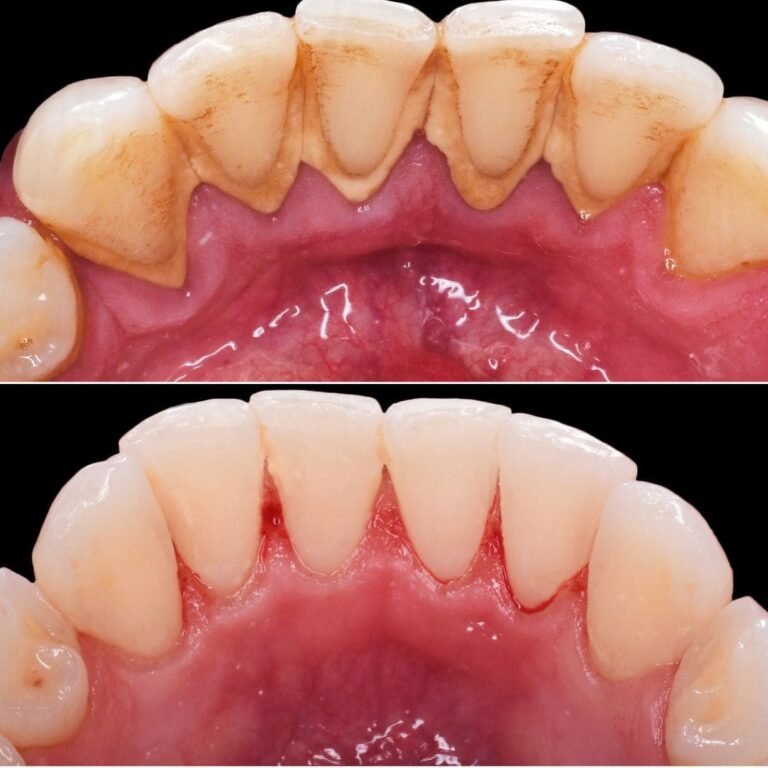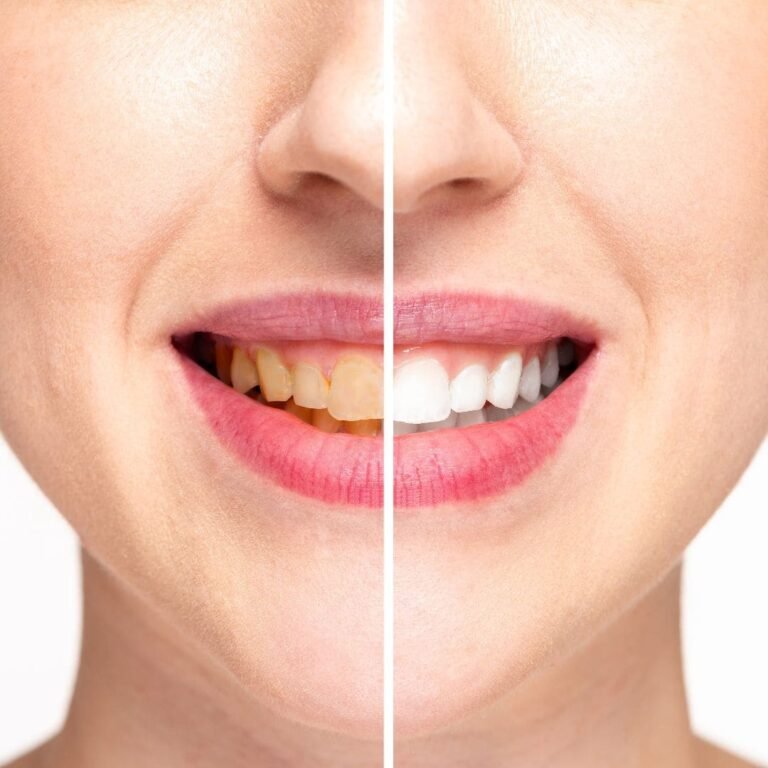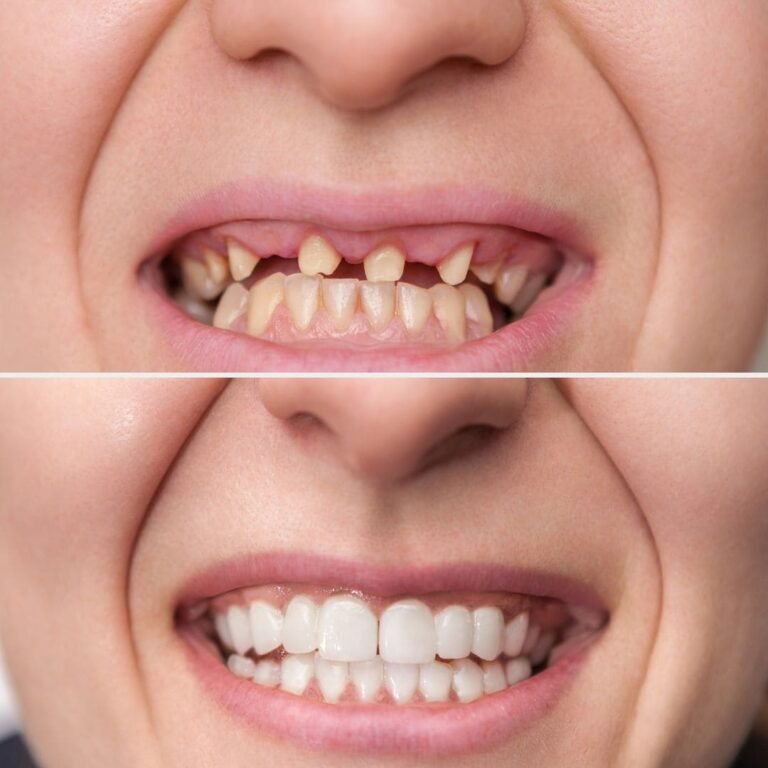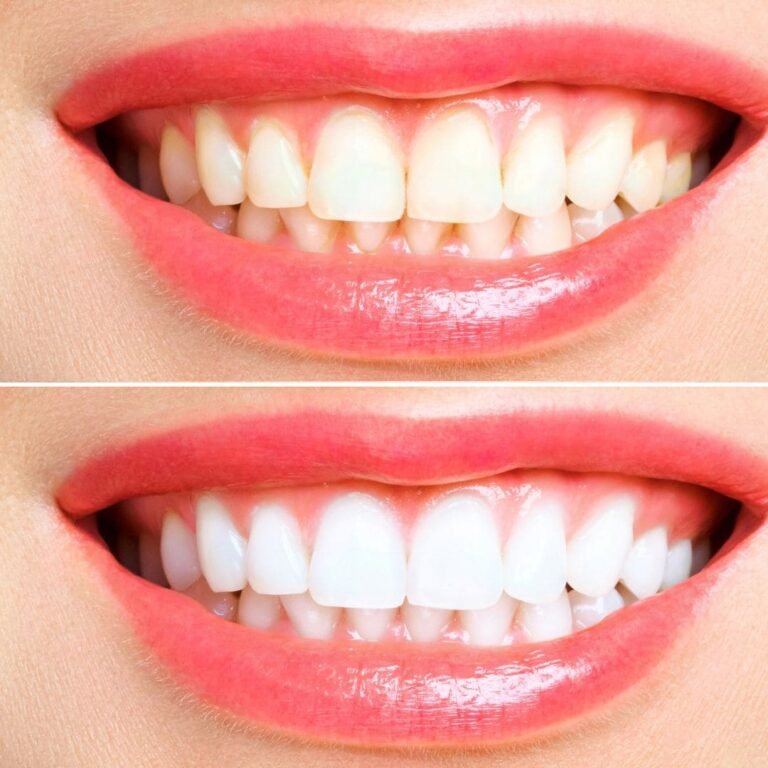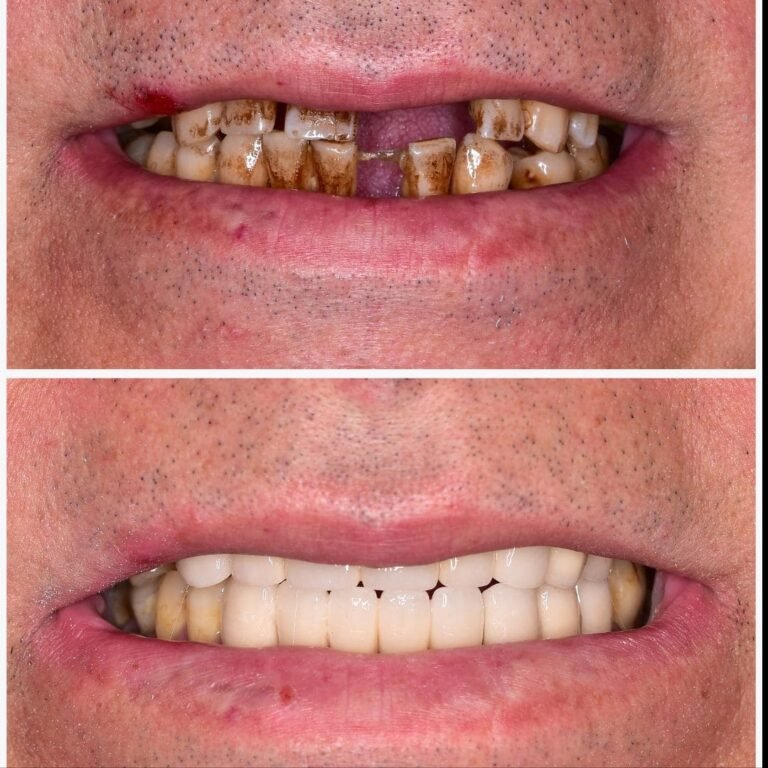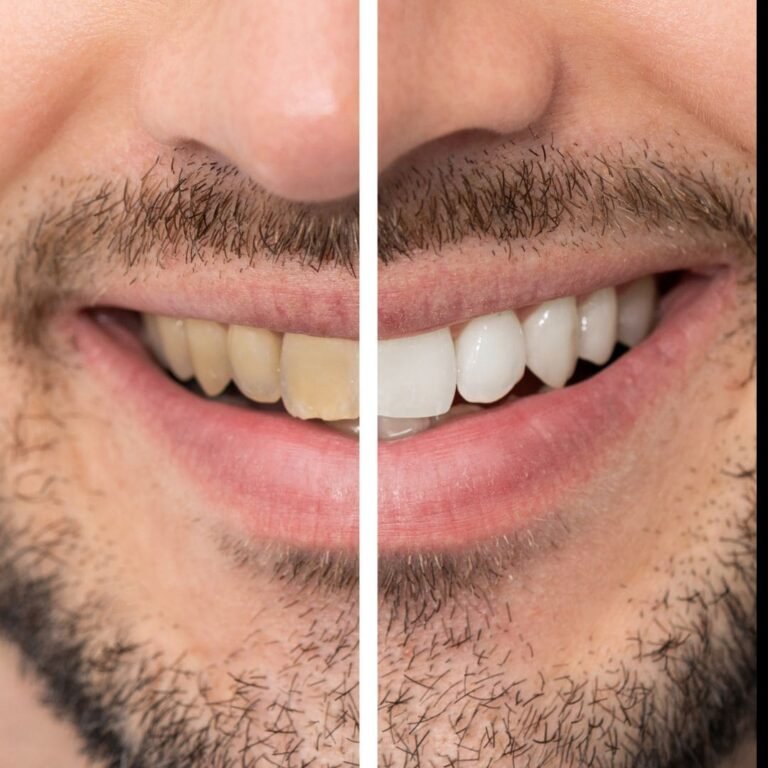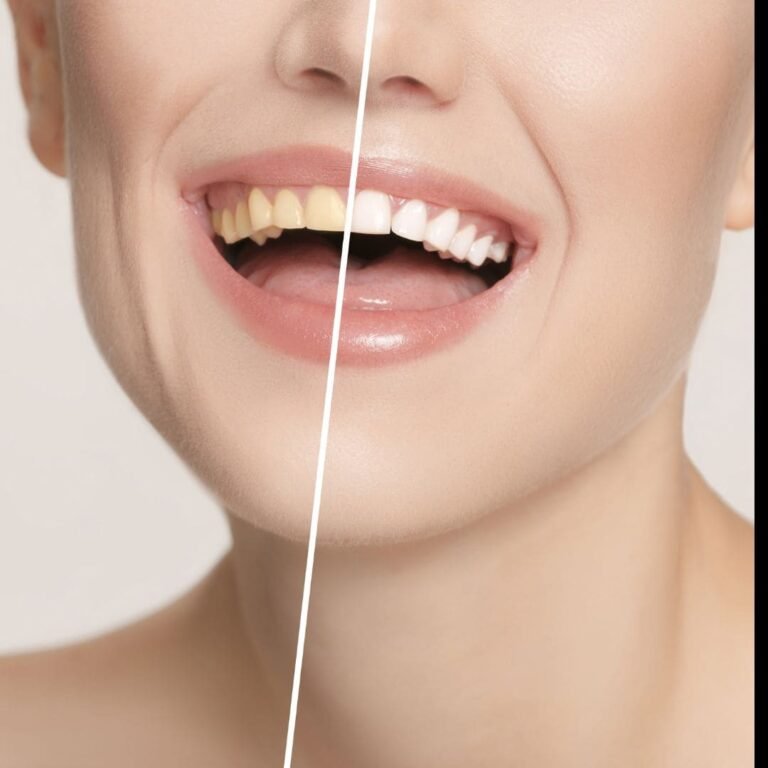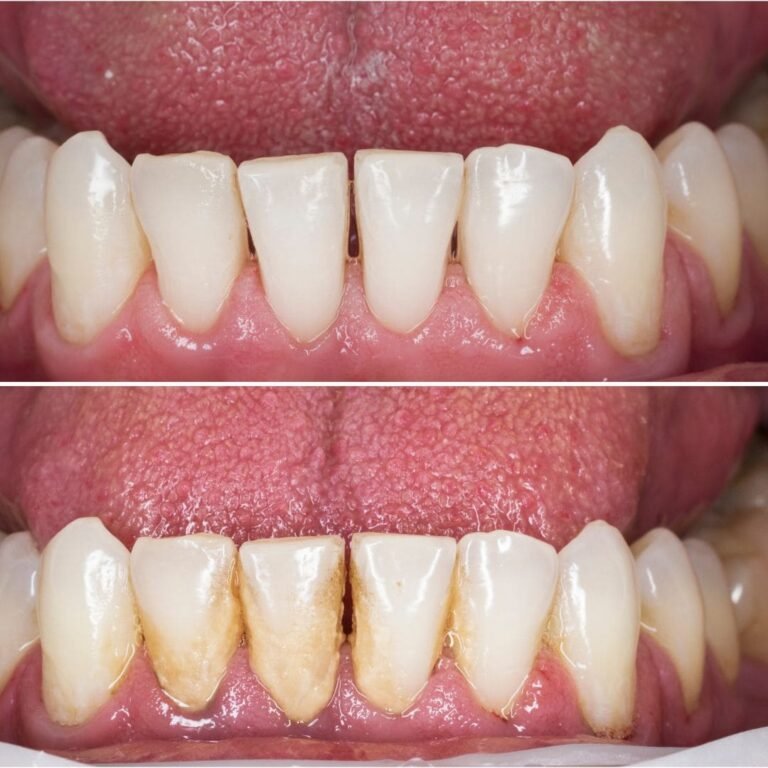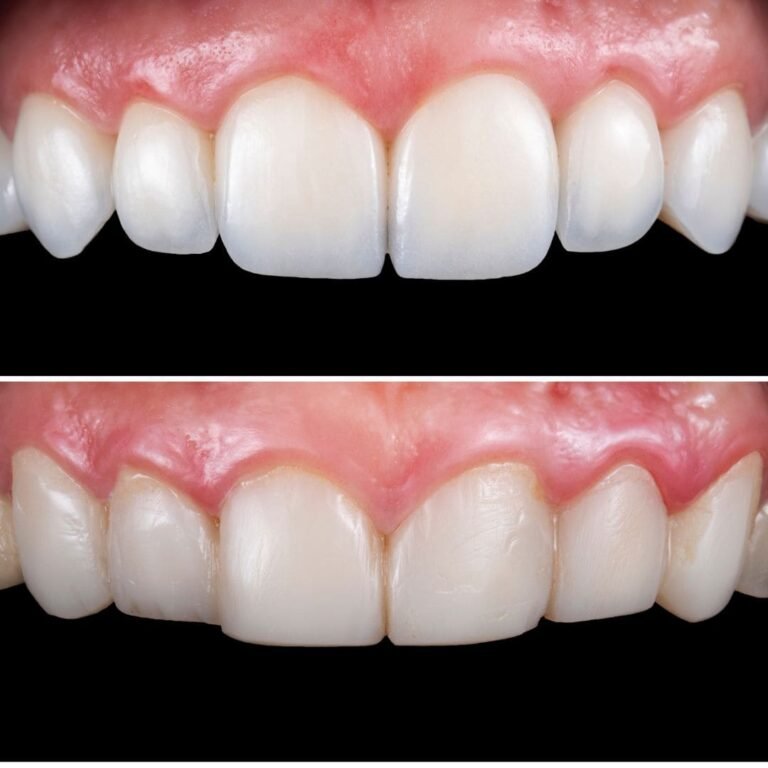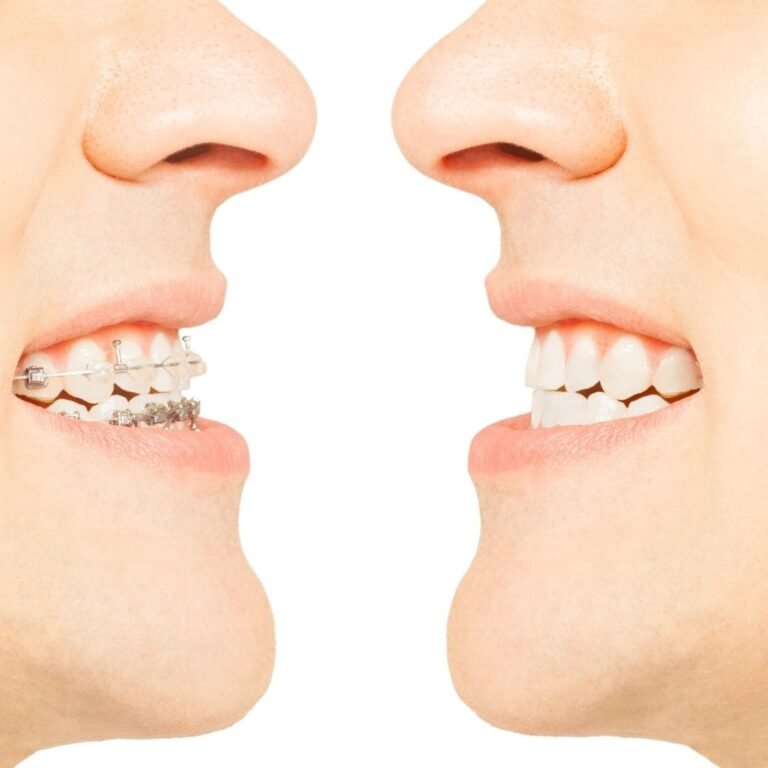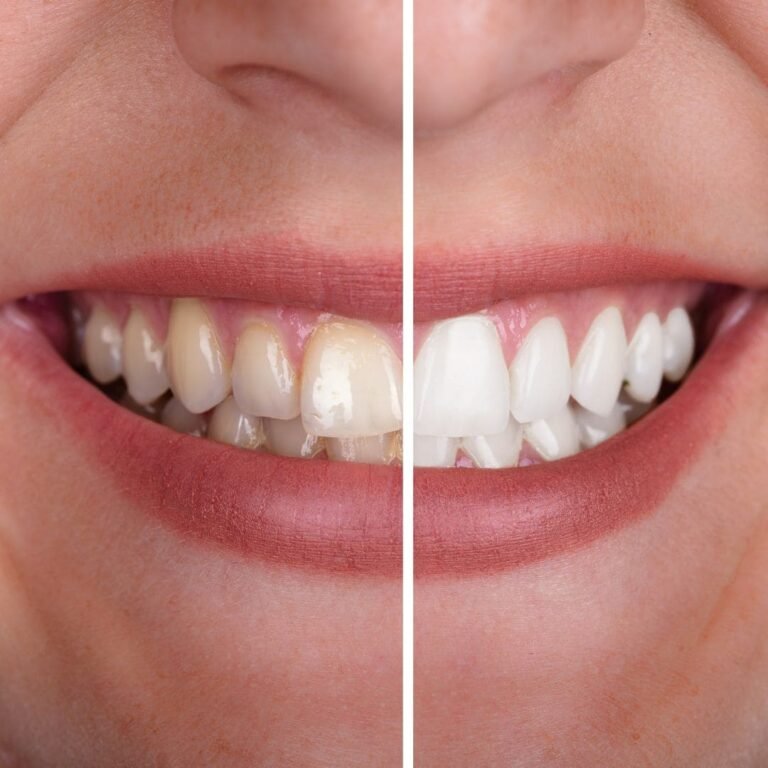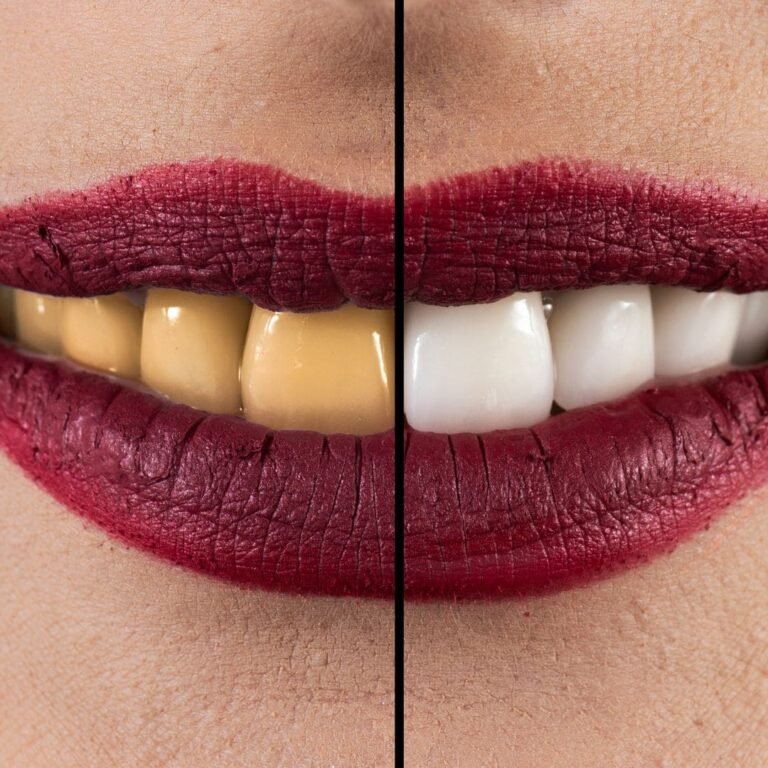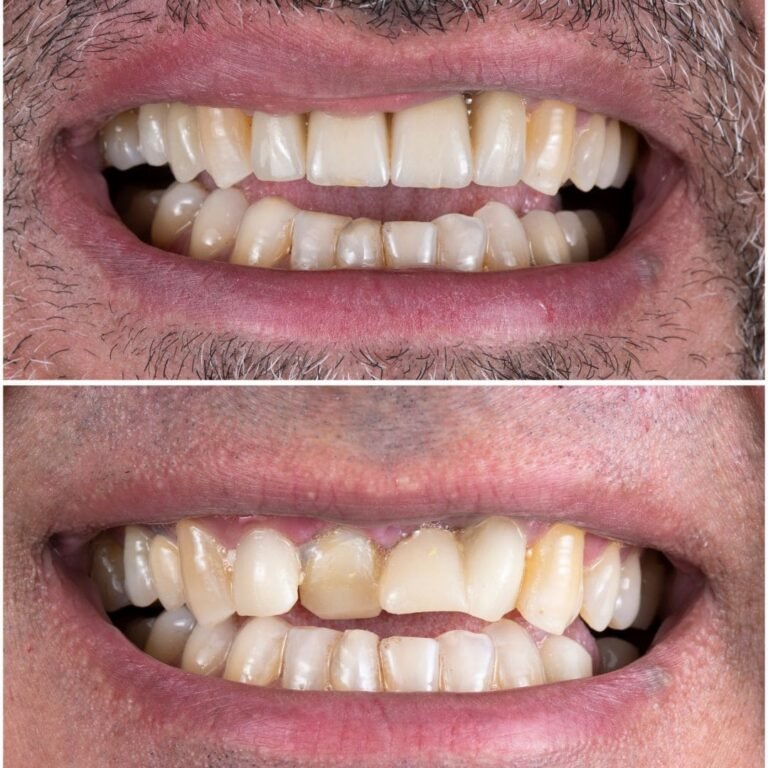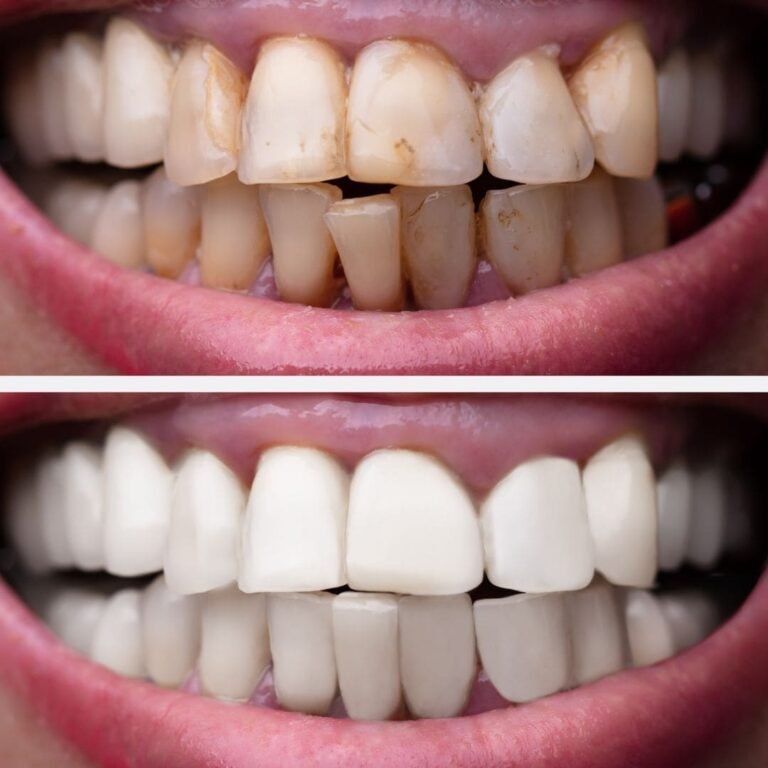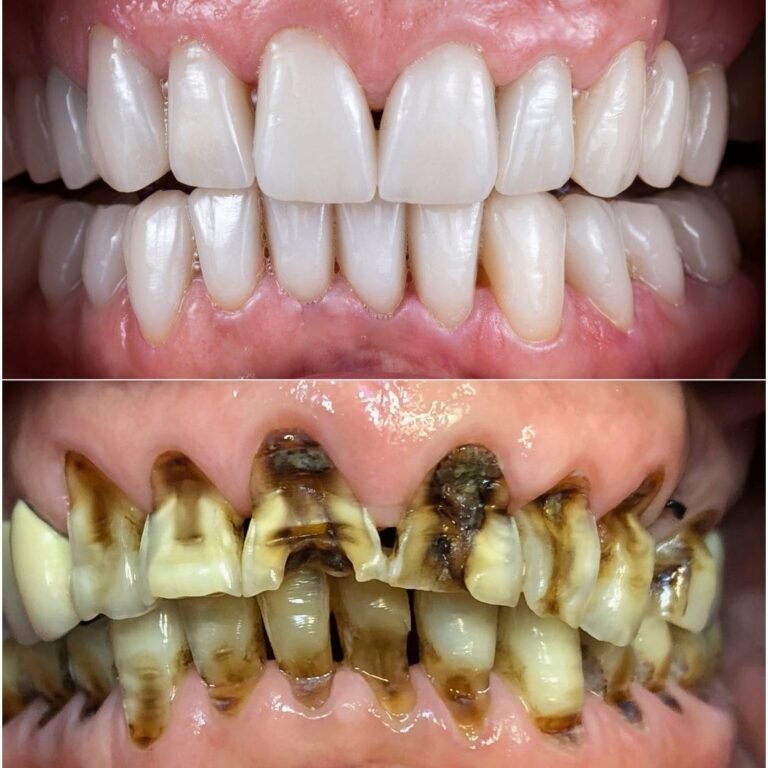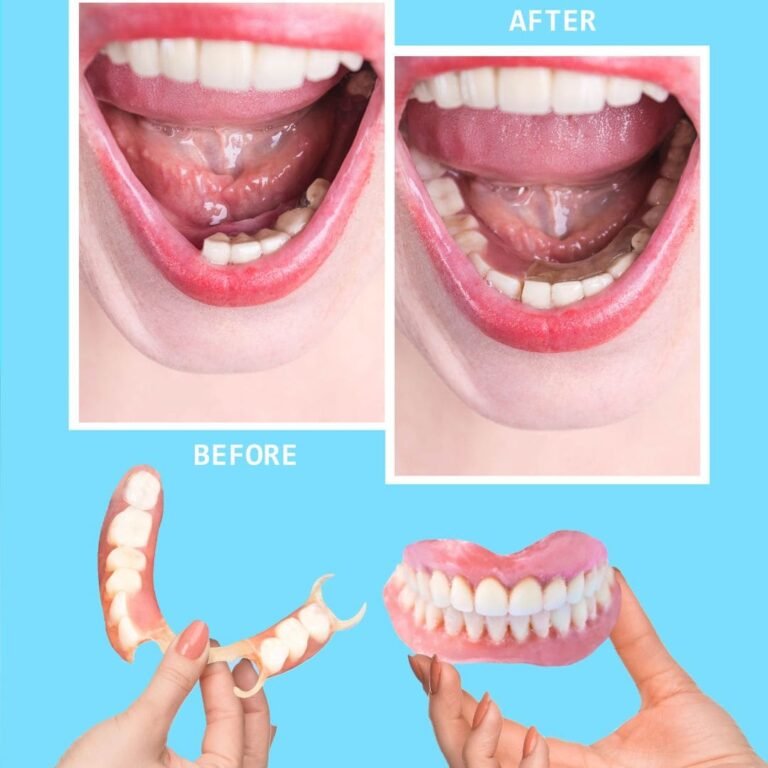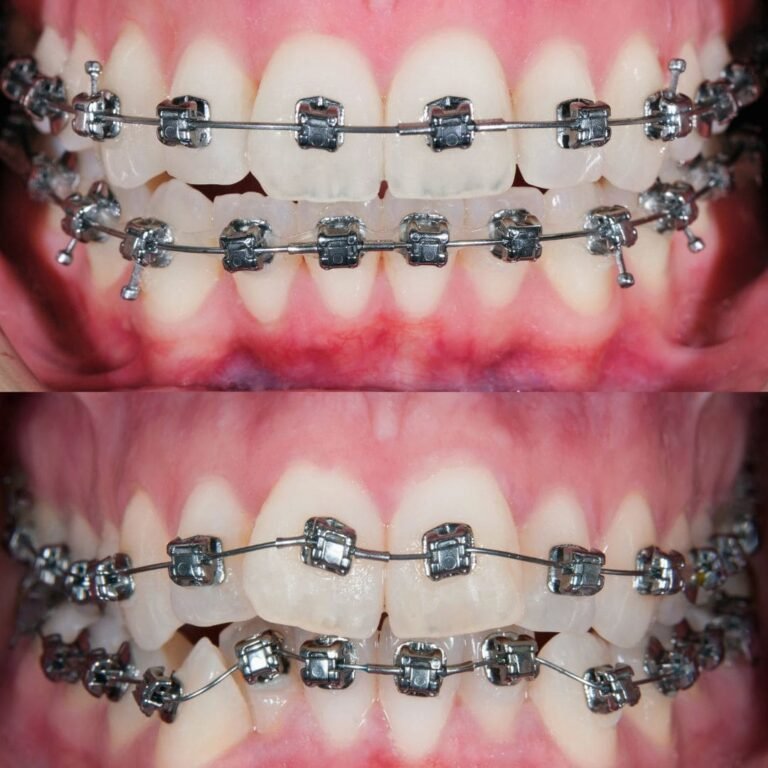Periodontitis/Gum disease treatment in Valencia, Santa Clarita, CA
Ready for a Healthy Smile? Contact Us Today!
Happy Stories
EXCELLENTTrustindex verifies that the original source of the review is Google. Wonderful Dr and Staff, friendly, and very caring, Dr Charu is so gentle and does a great job! Extremely Satisfied .Trustindex verifies that the original source of the review is Google. I highly rank Castaic Dental center as the staff is very polite, considerate, and honest. Dr. Aggarwal is amazingly good in the complex root canal procedure and making of crowns. She is deft and you do not feel any pain during and after the procedures. I greatly recommend this dental center to all for any procedure they need.Trustindex verifies that the original source of the review is Google. i got a cleaning and prep done for my crowns they were very kind staff. they made me feel welcomed. it is a clean place as well. more then happy to be going back and would recommend this place to anyone.Trustindex verifies that the original source of the review is Google. This office is very friendly. They took care of my problem quickly. I would definitely recommend this officeTrustindex verifies that the original source of the review is Google. Service is great from setting an appointment, follow ups to the actual dental services. Clinical hospitality of staff to the attending dentist is also beyond compare. I feel, I am at home 🏠.Trustindex verifies that the original source of the review is Google. Polite, competent, never make feel bad about not being on top of my dental work in years past. Let’s me know what is happening as a procedure is underway. A big thank you to this office and its employees.Trustindex verifies that the original source of the review is Google. The staff is friendly and very helpful and Dr. Charu is wonderful.
Get a Dazzling Smile Now
Call Us Today To
Book An Appointment
Your Oral Health Matters to Us
What Is Periodontitis/Gum Disease?
Gum disease, or periodontitis, is like a stealthy intruder wreaking havoc in your mouth. Imagine it as a sneaky troublemaker that starts with innocent-looking redness and swelling but can turn into a full-blown oral chaos if not dealt with. This condition is not just about a couple of sore gums; it’s a serious matter that involves the tissues supporting your teeth.
Symptoms of Periodontitis/Gum Disease
Periodontitis like a secret agent silently wreaking havoc in your mouth, and the signs can be as tricky as a game of hide-and-seek. Let us unveil the undercover symptoms you might be missing!
- Bleeding Gums – Imagine brushing your teeth and noticing a splash of red in the sink. Weird, right? Well, bleeding gums are like your mouth’s secret way of signaling trouble. Notice any red in the sink while brushing or flossing? It could be an indication that anything is wrong. Your gums bleeding is like a little warning light, telling you to pay attention.
- Swollen Gums – Ever woke up with puffy eyes, only this time it’s your gums playing the swell game? Swollen gums are like the James Bond of gum disease symptoms – subtle but dangerous. If your gums appear swollen, like they’ve been hitting the gym, it’s time to pay attention. Notice any puffiness? It might be a sign of gum trouble.
- Bad Breath – Bad breath, the unsolicited party crasher! If you’ve been noticing your breath making surprise appearances that are less than pleasant, it could be a sign of gum disease. Those bacteria playing hide-and-seek in your gums emit odors that can make anyone’s nose twitch.
- Receding Gums – Picture your gums slowly stepping back from the spotlight. Receding gums are like the disappearing act of gum disease, making your teeth look longer than a giraffe’s neck. If you notice your teeth are outgrowing their cozy gum blanket, it’s time to investigate.
- Sensitive Teeth – Ah, teeth sensitivity – the secret language of your teeth. If hot or cold foods send a shiver down your spine, it might be a clue that gum disease is orchestrating a covert mission. Those pesky bacteria can weaken your teeth’s defense, leaving them vulnerable.
- Loose Teeth – Your teeth are like soldiers standing tall in formation. But if they start feeling wobbly, it’s a clear sign of rebellion within the ranks. Gum disease weakens the foundation, causing your teeth to contemplate an early retirement. Not cool.
Stages of Periodontitis/Gum Disease
Stage 1: Gingivitis – Here the bacteria start their silent attack. Gingivitis is like the sly trickster – causing inflammation and bleeding gums, but nothing too alarming. It’s your warning sign, the game saying, “Watch out, things are getting real.”
Stage 2: Early Periodontitis – The bacteris go undercover, sneaking below the gumline. Your gums might swell, and pockets form around your teeth, but it’s subtle, like a plot twist you didn’t see coming. Time to sharpen your skills – your oral hygiene game needs an upgrade.
Stage 3: Moderate Periodontitis – Now your gums start to recede, like a drawbridge lifting, exposing your teeth’s vulnerabilities. It’s a crucial moment – the battle between your gums and the bacteria intensifies.
Stage 4: Advanced Periodontitis – The bacteria have launched a full-scale assault. Your gums are receding further and teeth might loosen. It’s time to make decisions. Time to call in the experts – your dental heroes.
Signs Your Gums Might Be Up to Something
- Bleeding Gums – Brushing or flossing and spotting a bit of red? It’s like your gums are sending an SOS. Bleeding gums is the initial indication that something is occurring.
- Swollen Gums – Imagine waking up to gums that look like they’ve been lifting weights. Swollen gums are like a silent protest, telling you to pay attention. Bulging gums? Time to investigate.
- Bad Breath – Bad breath, the undercover agent of gum disease. If your breath is acting suspicious, blame those hidden bacteria. They’re causing a stink, literally.
- Receding Gums – Picture your gums taking a step back. Receding gums are like a slow-motion movie. If your teeth suddenly seem taller, it’s a clue that something’s amiss.
- Sensitive Teeth – Your teeth talking to you? Sensitivity is their secret language. Hot or cold foods making you wince? Gum disease might be plotting something.
- Loose Teeth – Your teeth standing strong, until they aren’t. Gum disease weakens the fortress, and loose teeth become the rebel soldiers. Not a good scenario.
Causes of Periodontitis/Gum Disease
Have you ever thought what causes periodontitis or gum disease? Let’s find out:
- Poor Oral Hygiene – Skipping regular brushing and flossing allows harmful bacteria to accumulate.
- Tobacco Use – Tobacco use, whether smoking or chewing, increases the likelihood of gum disease.
- Genetics – Some people are prone because of their family history.
- Age – As we get older, the likelihood of gum disease increases.
- Systemic Diseases – Conditions like diabetes or rheumatoid arthritis can contribute.
- Poor Nutrition – A diet lacking essential nutrients weakens the immune system, making gums vulnerable.
- Bruxism (Teeth Grinding) – Excessive teeth grinding can damage gums over time.
- Certain Medications: Some drugs may have side effects affecting oral health.
- Hormonal Changes – Fluctuations, like those during pregnancy or menopause, can impact gum health.
- Medical Conditions – Conditions compromising the immune system contribute to gum disease.
- Obesity – Obesity has been linked with a higher probability of gum disease.
- Stress – Chronic stress impairs the body’s ability to fight illnesses. This includes infections in the gums.
How Can Periodontitis/Gum Disease Be Prevented?
Adopting these steps keeps your gums healthy. It lowers the chances of getting periodontitis.
- Regular Brushing: Brush teeth twice a day using fluoride toothpaste to remove plaque.
- Flossing: Daily flossing helps clean between teeth where a brush can’t reach.
- Regular Dental Check-ups: Make sure to visit the dentist regularly. It’s for professional cleanings and check-ups.
- Healthy Diet: Maintain a balanced diet rich in vitamins and minerals for overall oral health.
- Avoid Tobacco: Quit smoking or using tobacco products to reduce the risk of gum disease.
- Limit Sugary Snacks: Cut back on sugary snacks and beverages, as sugar fuels bacteria growth.
- Stay Hydrated: Drink plenty of water to help flush away food particles and bacteria.
- Manage Stress: Practice stress management techniques, as stress can impact oral health.
- Use Antiseptic Mouthwash: Use an antiseptic mouthwash as part of your oral hygiene routine.
- Correct Teeth Grinding: If you grind your teeth, consider using a mouthguard to prevent damage.
- Address Health Conditions: Manage systemic conditions like diabetes that can contribute to gum disease.
- Know Your Family History: Be aware of your family‘s dental history, as genetics can play a role.
How Much Is Periodontitis/Gum Disease Treatment Cost in Valencia in Santa Clarita?
Treatment for gum disease in Valencia, CA can become costly if you ignore it. The first deep cleaning to tackle gum disease might be around $200. For more serious cases, surgery could cost $1000 or more per section of the mouth. To sidestep complications and save money in the long run, it’s smarter to see a dentist regularly for cleanings and prevent this dental issue.
What Is the Treatment for Receding Gums
- Scaling and Root Planing:
- Scaling: Involves the removal of plaque and tartar from the tooth surface and beneath the gumline using special tools.
- Root Planing: Smoothing out the tooth’s root surfaces to prevent bacterial adherence and facilitate gum reattachment.
- Medication:
- Antibiotics: Prescribed to control bacterial infection. They can be in pill form, applied topically, or inserted into gum pockets.
- Antimicrobial Mouthwash: A rinse that helps control bacteria and reduce plaque.
- Flap Surgery:
- Procedure: Involves lifting the gums to clean tartar deposits thoroughly. The gums are then repositioned to reduce pocket depth.
- Purpose: To eliminate deep-seated infection and facilitate gum reattachment.
- Bone Grafts:
- Process: Involves placing small pieces of synthetic bone, donated bone, or your bone in areas where bone loss has occurred.
- Objective: To stimulate bone growth, providing support to teeth and preventing further gum recession.
- Soft Tissue Laser Treatment:
- Technique: Utilizes laser technology to remove bacteria and infected tissue.
- Benefits: The process is not as invasive. It helps healing happen faster and can trigger tissue regeneration.
- Infection Control:
- Localized Antibiotics: Administered directly into gum pockets to control bacterial growth.
- Professional Cleaning: Regular cleanings to prevent bacterial buildup and maintain optimal oral health.
- Tissue Regeneration or Tissue-Stimulating Proteins:
- Regeneration Techniques: Involves using membranes, bone grafts, or proteins to encourage the regeneration of lost gum tissue and bone.
- Purpose: To restore the structures supporting the teeth and promote overall gum health.
What should be the Gum Treatment Aftercare?
Adhering to the following aftercare guidelines is crucial for a smooth recovery and long-term success of gum treatment. Always follow the specific recommendations provided by the dental professional based on individual circumstances.
- Oral Hygiene Practices:
- Brushing: Gently brush teeth twice daily with a soft-bristle toothbrush to avoid irritation.
- Flossing: Continue daily flossing to maintain cleanliness between teeth and prevent plaque buildup.
- Rinsing:
- Antiseptic Mouthwash: Use an antiseptic or prescribed mouthwash to reduce bacteria and promote healing.
- Dietary Considerations:
- Soft Foods: Opt for a soft diet initially to avoid stressing the treated gums.
- Hydration: Drink plenty of water to assist in the healing process and maintain overall oral health.
- Medication Adherence:
- Prescriptions: Take any prescribed medications as directed by the dentist in Valencia, CA or periodontist.
- Pain Management: Use recommended pain relievers to manage discomfort according to guidelines.
- Avoiding Irritants:
- Tobacco Products: Refrain from smoking or using tobacco products to promote optimal healing.
- Alcohol: Limit alcohol consumption, as it can interfere with the healing process.
- Regular Follow-up Appointments:
- Check-ups: Attend scheduled follow-up appointments with the dentist or periodontist for evaluation.
- Professional Cleanings: Continue with regular professional cleanings to maintain gum health.
- Monitoring for Complications:
- Swelling or Bleeding: Watch out for persistent swelling or bleeding. If you notice it, report to your dental professional.
- Discomfort: Report any prolonged or severe discomfort to the dentist for further evaluation.
- Gentle Oral Care Practices:
- Avoid Aggressive Brushing: Steer clear of aggressive brushing or flossing that could irritate the healing gums.
- Gentle Care: Handle the treated area with care to prevent trauma or damage during the recovery period.
- Maintaining Overall Health:
- Healthy Lifestyle: Adopt a healthy lifestyle with balanced nutrition and regular exercise to support overall well-being.
- Stress Management: Practice stress-reducing activities, as stress can impact oral health.
- Educational Guidance:
- Patient Education: Seek guidance from the dental professional regarding personalized aftercare instructions.
- Inquiries: Don’t hesitate to ask questions about any concerns or uncertainties regarding the aftercare routine.
- Oral Hygiene Practices:
Castaic Dental Centre offers an array of periodontal treatments to treat all types of gum disease, including Advanced Periodontal Disease. Our cutting-edge facility is outfitted with the most cutting-edge periodontal equipment available in Valencia, CA.

